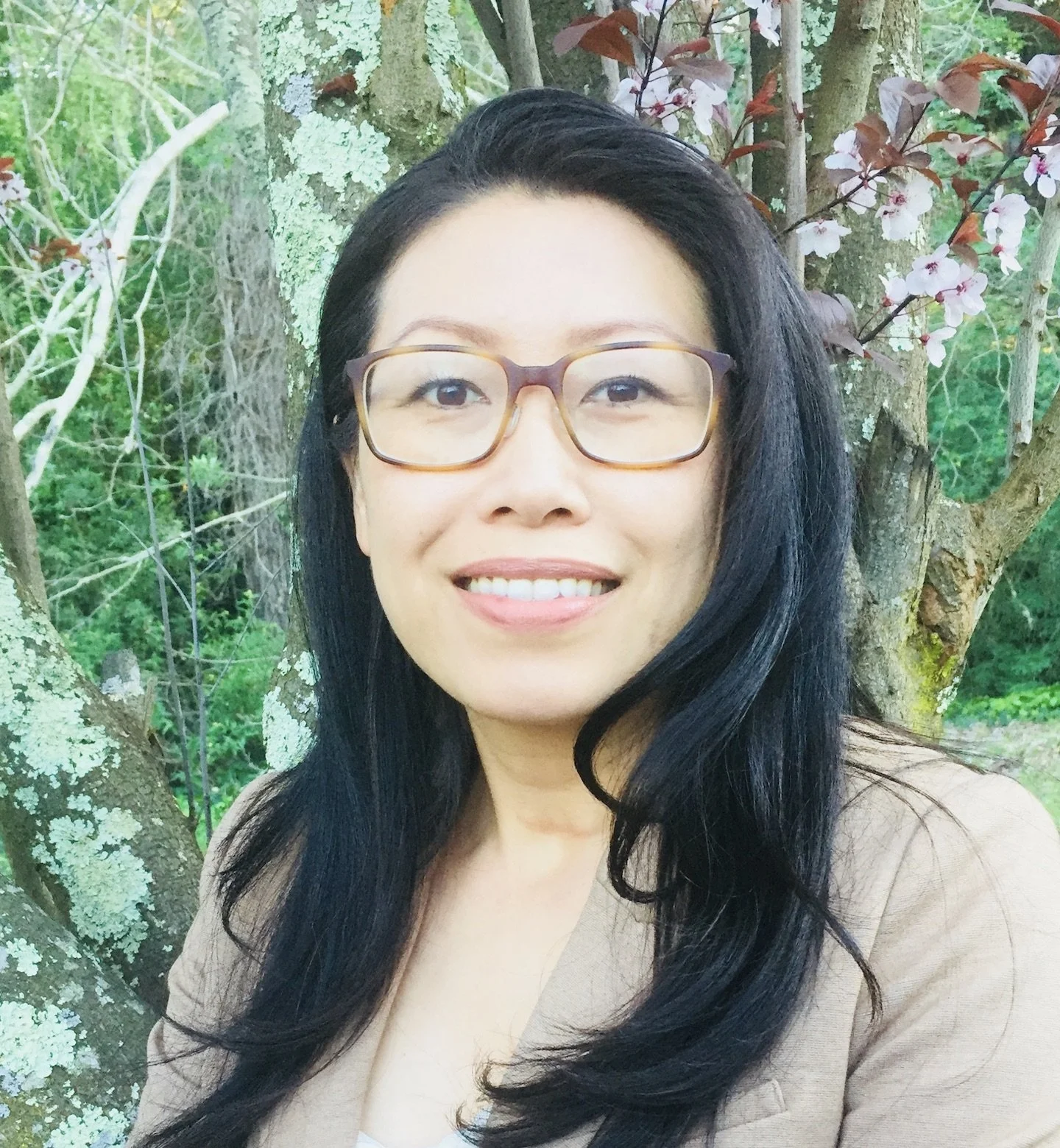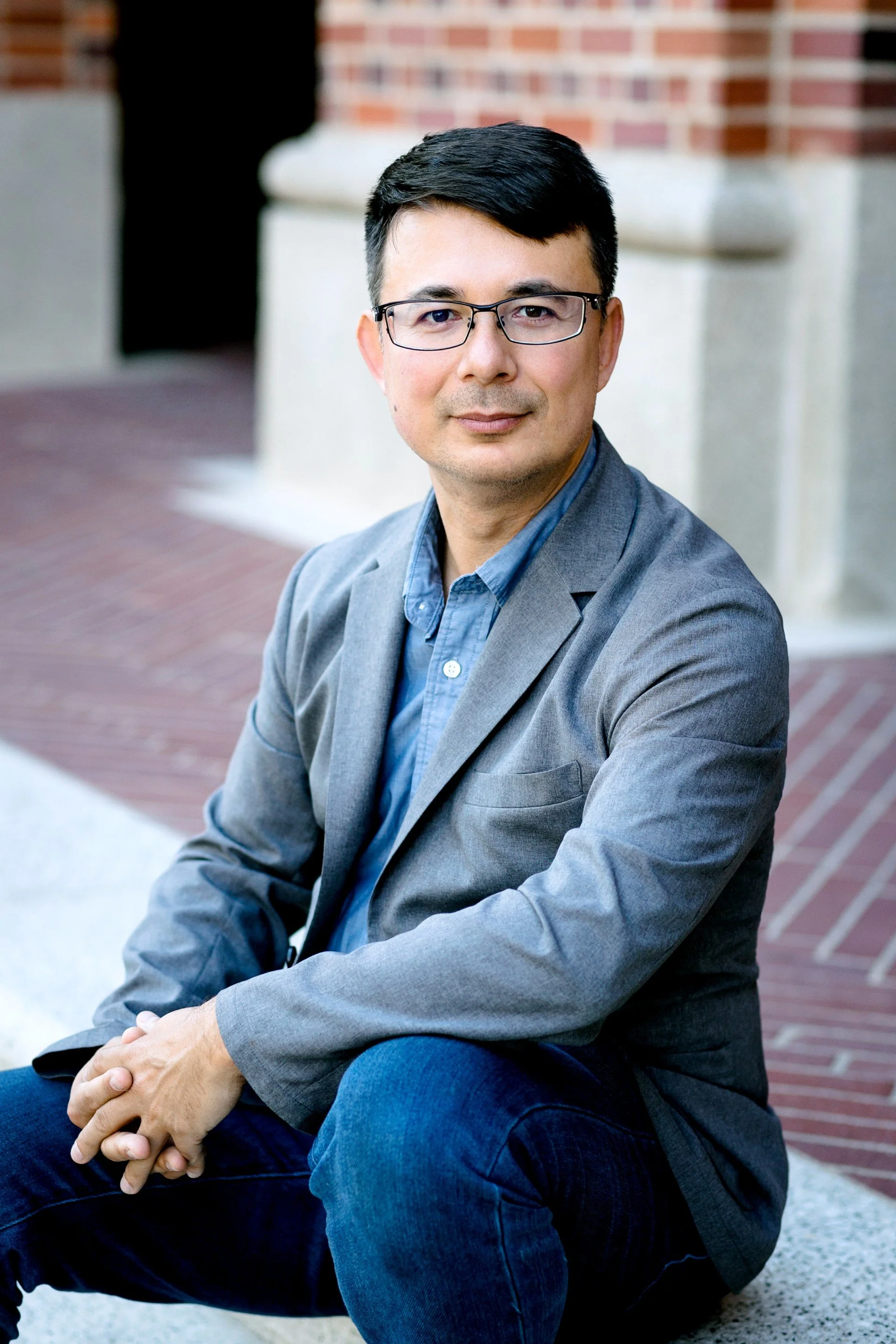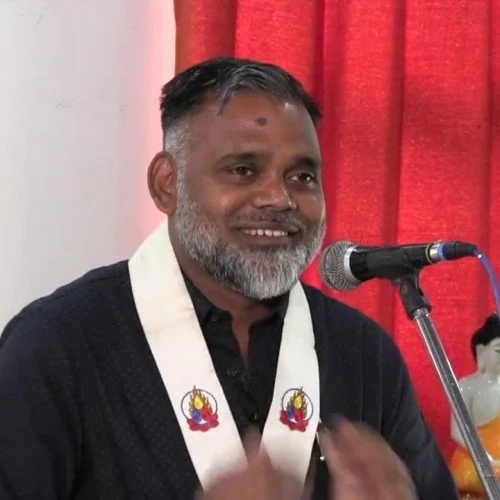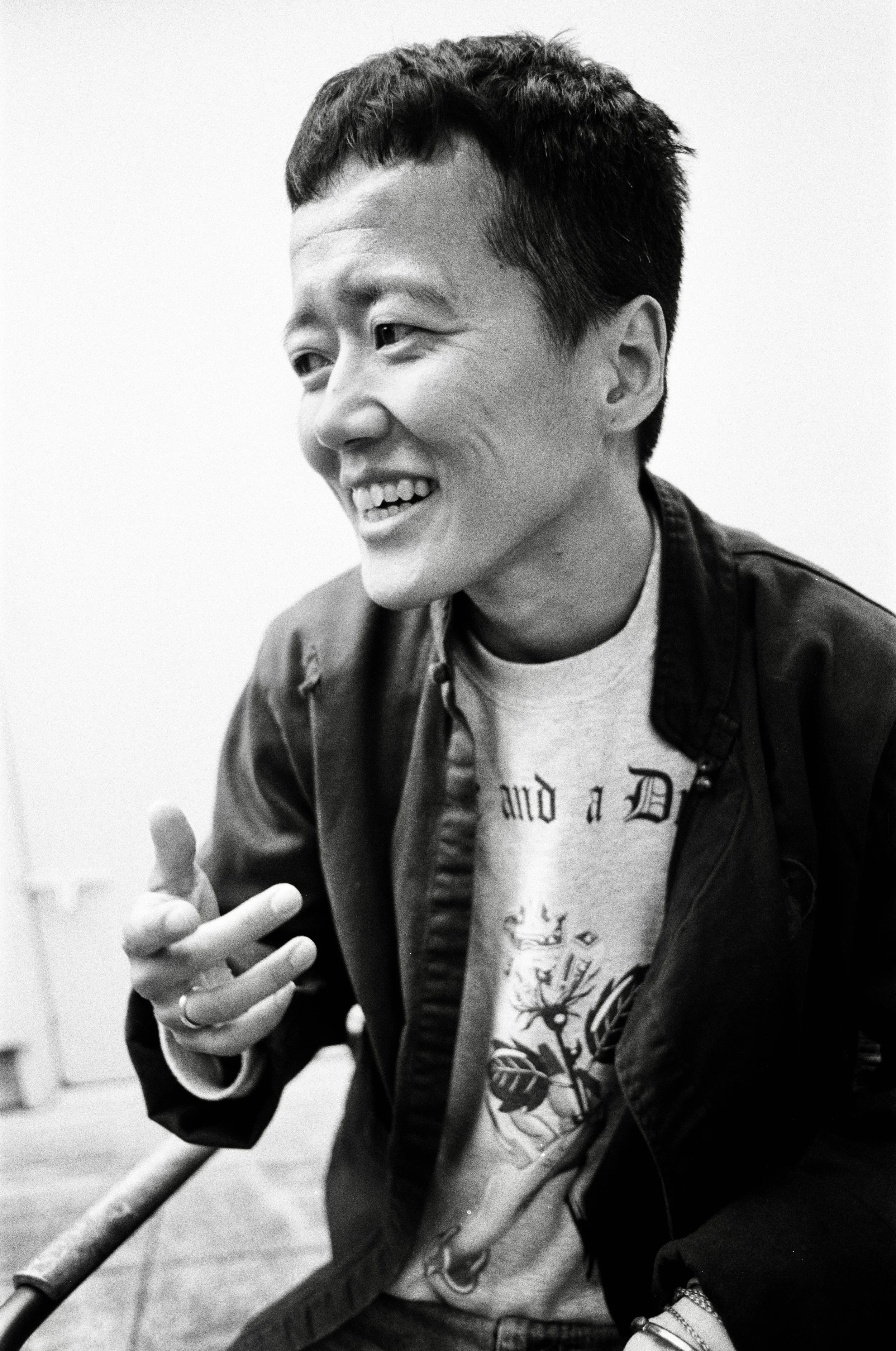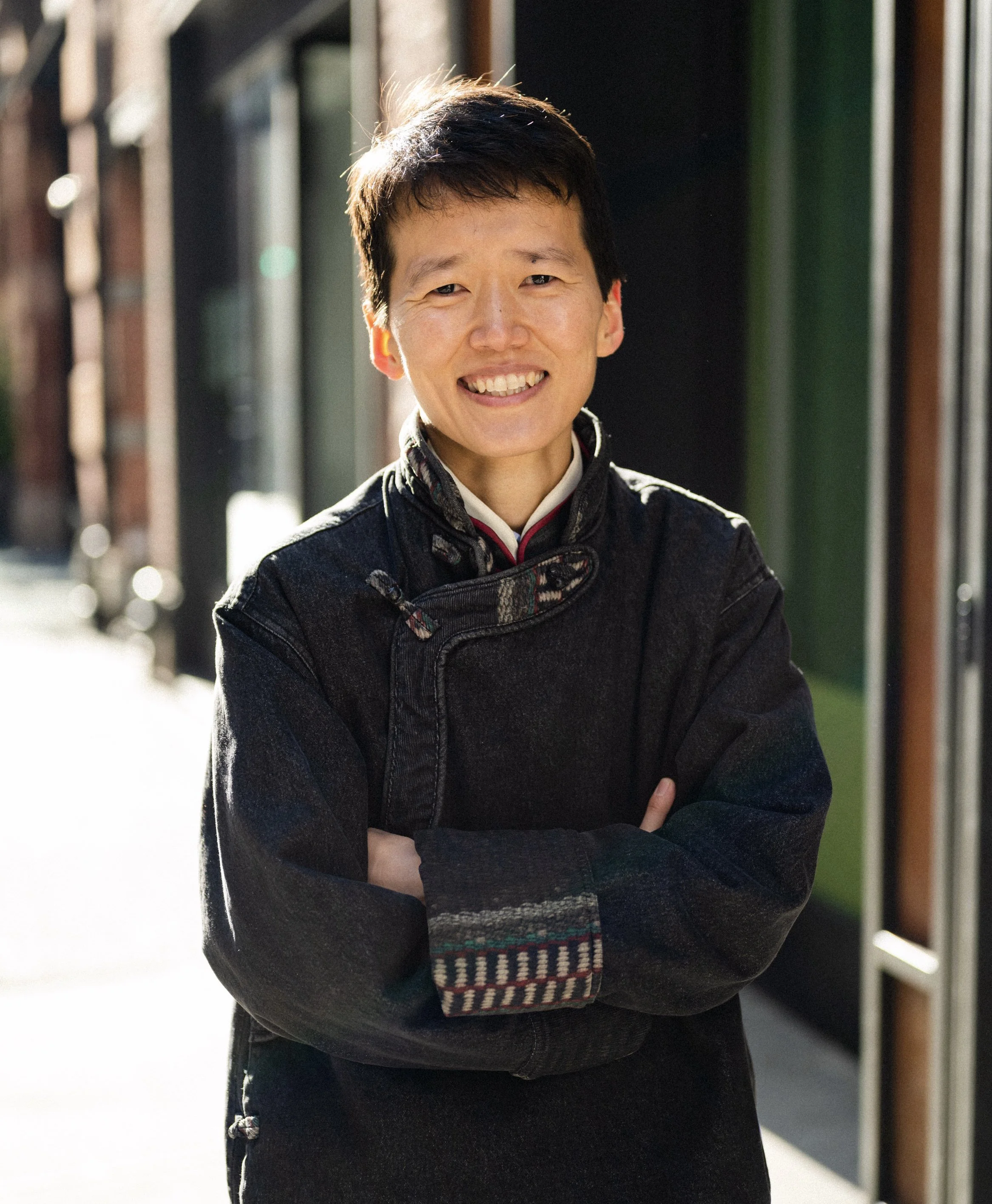Keynote Speakers
The Burning Refuge Conference is organized around several keynote speakers who are each leaders in the world of Buddhism as it relates to social-spiritual liberation. Our speakers come from around the globe, representing an extraordinary berth of identities, traditions, trainings, professions, and perspectives.
We are humbled to offer one of the most radically diverse keynote speaker line-ups of any Buddhism conference globally.
Dr. Funie Hsu/Chhi
Dr. Funie Hsu/Chhi
Dr. Duncan Ryuken Williams
Dr. Duncan Ryuken Williams
Dr. Tenzin Mingyur Paldron
Dr. Tenzin Mingyur Paldron
Maitriveer Nagarjuna (Dr. Santosh Raut)
Maitriveer Nagarjuna (Dr. Santosh Raut)
2025 Burning Refuge Conference Keynote Speakers
Lama Rod Owens
Lama Rod Owens
Keynote #1
Buddhist Minister, Author, Activist, Yoga Instructor, Authorized Lama, Queen
Lama Rod Owens is a Black Buddhist Southern Queen. An international influencer with a Master of Divinity degree in Buddhist Studies from Harvard Divinity School with a focus on the intersection of social change, identity, and spiritual practice. Author of The New Saints: From Broken Hearts to Spiritual Warriors and Love and Rage: The Path of Liberation through Anger and co-author of Radical Dharma: Talking Race, Love and Liberation, his teachings center on freedom, self-expression, and radical self-care. Highly sought after for talks, retreats, and workshops, his mission is showing you how to heal and free yourself.
A leading voice in a new generation of Buddhist teachers with over 11 years of experience, Lama Rod is highly respected among his peers and the communities that he serves. “It can be confusing for people to see Tantric Buddhist teachings coming from someone who’s Black and queer, southern, and fat, but I love it. It's who I am.” he says. From these intersections, he creates a platform that’s very natural, engaging, and inclusive.
Applauded for his mastery in balancing weighty topics with a sense of lightness while still speaking truth to power, this Queen has been featured by CNN, Good Morning America, BBC, The Washington Post, PBS, NPR, Ebony, and more.
Connection is Lama Rod’s second language; authenticity is his first. Meeting people where they are and speaking to them rather than at them with words they can relate to makes his delivery digestible and highly sought after.
Honoring his southern roots, he refers to his healing approach as “laying hands.” His laying of hands, however, is guidance. It's showing you how to do the work of making the necessary choices in your day-to-day relationships and routines to heal and free yourself from the traumas that bind you to self-sabotaging behaviors.
Keynote #2, Duo:
May We Gather
The Burning Refuge Collective is honored to feature the duo keynote speakership of two of the co-founders of MAY WE GATHER, a collaborative project of commemoration and healing, by and for Asian American Buddhists and their spiritual friends.
About: “May We Gather emerged from conversations between organizers Duncan Ryūken Williams, Funie Hsu, and Chenxing Han. Observing the uptick of racially and religiously animated instances of anti-Asian violence in 2020 and 2021—including the fatal attacks on Yong Ae Yue in Atlanta and Vicha Ratanapakdee in San Francisco, and the vandalization of Buddhist temples across the nation—we set forth with an intention to offer an opportunity for Asian American and other Buddhist communities throughout the United States to come together in mourning, mending, and renewal.”
-
Funie Hsu/Chhî (she/they) is a transdisciplinary scholar from a working class, multilingual Taiwanese American family. Her work melds American Studies, Asian American Studies, Buddhist Studies, Education, Taiwan Studies and other fields. Hsu/Chhî is currently Associate Professor of American Studies at San José State University. She received a Ph.D. in Education with a Designated Emphasis in Women, Gender, and Sexuality from the University of California, Berkeley. Prior to her academic career, she was an elementary school teacher in the Los Angeles Unified School District. This background has shaped her research interests and approaches. Aspects of her work explore issues of language, education and colonialism; mindfulness in schools and Asian American Buddhist erasure; and Asian American Buddhist communities and practice. Her scholarship and essays have appeared in American Quarterly; Journal of Global Buddhism; Review of Education, Pedagogy, and Cultural Studies; Educational Studies; CATESOL; L2 Journal; The Immanent Frame; Lion's Roar; Buddhadharma; The Progressive, and elsewhere.
Hsu/Chhî is a co-organizer of May We Gather, a national Buddhist memorial ceremony for Asian American ancestors. She was a former Board Member of the Buddhist Peace Fellowship where she advocated for the recognition of Asian American heritage Buddhist communities in the organization and beyond. Hsu/Chhî was raised, and still practices, in a Taiwanese Humanistic Buddhist tradition. She lives in an interspecies household in the California Bay Area and, with the help of friends, is learning how to garden.
-
Duncan Ryuken Williams is the Alton Brooks Professor of Religion and the Director of the Shinso Ito Center for Japanese Religions and Culture at the University of Southern California. Previously, he held the Ito Distinguished Chair of Japanese Buddhism at UC Berkeley and served as the Director of Berkeley’s Center for Japanese Studies. He has also been ordained since 1993 as a Buddhist priest in the Soto Zen tradition, served as the Buddhist chaplain at Harvard University where he received his Ph.D., and received Dharma transmission in 2024 at Kotakuji Temple in Nagano, Japan. Williams’ latest book, American Sutra: A Story of Faith and Freedom in the Second World War (Harvard University Press) is the winner of the 2022 Grawemeyer Religion Award and a LA Times bestseller. Williams is also the author of The Other Side of Zen (Princeton) and editor of seven volumes including Issei Buddhism in the Americas (Illinois), American Buddhism (Routledge), and Buddhism and Ecology (Harvard).
Keynote #3:
Maitriveer Nagarjuna (Dr. Santosh Raut)
Maitriveer-Nagarjuna (also known as Dr. Santosh Raut) hails from Maharashtra, the heartland of the Ambedkarite Buddhist movement. Both a Dhamma teacher and a scholar of Buddhist Aesthetics and Philosophy, he has long been a thought leader and organizer within broader Asian networks of Engaged Buddhism.
Following his doctoral studies at Jawaharlal Nehru University, Maitriveer joined the EFL University in Hyderabad as an Assistant Professor. He combines this work with his role as the Deputy-Chairman of Nagarjuna Training Institute and the co-founder of The Babasaheb Ambedkar Philosophical Society at Nagaloka in Nagpur. Founded in 1994 near the site where Dr. Ambedkar formally converted to Buddhism in 1956 along with hundreds of thousands of followers, Nagaloka is a major Ambedkarite hub connected to the Triratna Bauddha Mahāsaṅgha (TBM).
Maitriveer also co-founded the National Network of Buddhist Youth. For a number of years he has actively supported the Ambedkarite Buddhist movement in Hungary among the Roma, about which a documentary was made. More recently, he has been involved in the design of the Buddhavanam project in Nagarjunasagar, a very large Buddhist Heritage site park. Currently, Maitriveer is a Research Fellow at Harvard Divinity School. He was recently interviewed about Buddhism and Social Justice by the scholar Jon Keune at Michigan State University.
Keynote #4:
Dr. Tenzin Mingyur Paldron, PhD
Tenzin Mingyur Paldron is a transgender Tibetan writer, artist, and community educator in New York City. He is a first-generation college graduate and has a PhD in Rhetoric from UC Berkeley where he received nine fellowships and wrote the dissertation, Tibet, China, and the United States: Self-immolation and the limits of understanding.
His new work Power, Masculinity, and Mindfulness is part of the exhibit Reimagine: Himalayan Art Now. It comprises four films and videos that source exchanges between the artist and his father to engage wider world issues and Tibetan realities. It can be viewed freely on his website, doctenzin.com. He has also worked with other Tibetans to offer an online course, A Tibetan History of Mindfulness, which explores how the story of mindfulness gets told and why mindfulness researchers owe a debt to the lived wisdom of Tibetan refugees.
Through art and dialogue, Paldron has worked to elevate LGBTQIA+ perspectives and address issues of sexual violence in the Tibetan diaspora. In 2016, he directed the short film Nying-tām, the first queer Tibetan film shared with the public. He is currently developing A Capacity to Change, a comic and reflection guide on trans equality from an immigrant perspective, as well as a research memoir entitled Transgender Road Diaries: A Tibetan Adventure.
They have a variable speech disability that they navigate through different techniques, including cooperative conversation.

